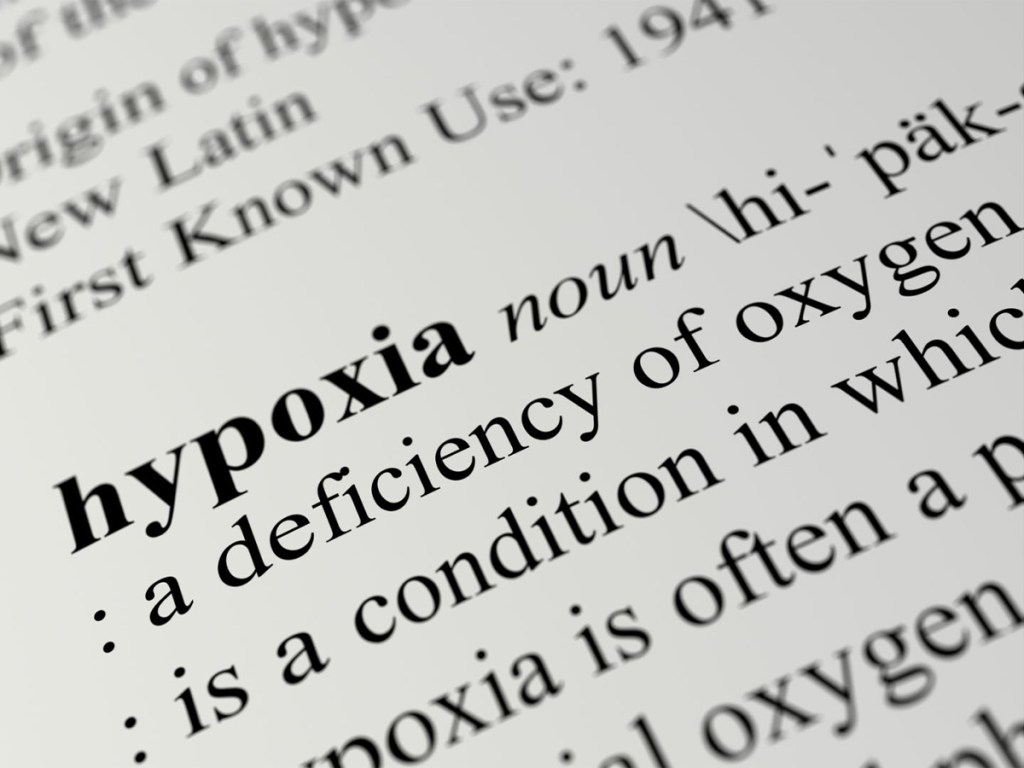Growing up, you likely heard from parents, teachers, PSAs on TV, and darn near everywhere that breakfast is “the most important meal of the day.” In spite of that, many of us didn’t take that advice to heart and ended up skipping breakfast regularly due to time constraints or just not feeling hungry in the morning. However, a 2025 study found that skipping breakfast doesn’t just impact your hunger, but could impact your mental health.
Researchers from the Hong Kong Youth Epidemiological Study of Mental Health collected data from 3,154 participants aged 15 to 24 from 2019 through 2022, finding that those who skipped breakfast were more impulsive, anxious, and showed signs of depression more often than the participants who ate something every morning. While there are significant cultural differences of what kinds of foods and how much of them are eaten for breakfast, this study on mental health partners with physical health studies that say that eating something shortly after you wake up each morning is typically better than not having anything to eat at all.
While 85% of the participants in the study ate breakfast daily or intermittently, the other 15% skipped it entirely. It was found that the participants who skipped breakfast showed more difficulty paying attention and practicing self-control along with displaying impulsive behavior. They also reported more severe symptoms of depression and high anxiety compared to the breakfast eaters. The breakfast skippers also reported being less productive, had poorer social functioning at events, and were less efficient at their jobs.
“Breakfast skipping is associated with elevated depressive symptoms in young people, with impaired attentional control being an important mechanism in this relationship,” said the study authors. “Encouraging young people to build regular breakfast habits may be incorporated as part of future lifestyle interventions for mental disorders and be further emphasized in public health policies.”
Aside from the mental health benefits of breakfast are the physical ones. Breakfast tends to help people maintain a healthier weight by consuming less calories all at once later in the day. It also helps manage your blood sugar and metabolism more efficiently while experiencing less “brain fog” in the morning since you have fuel in your tank.
For those who don’t have time or don’t feel hungry to have breakfast, there are some tips to turn you into a convert. In terms of time, you can do some meal prep at the start of the week to make some nutritious grab-and-go meals, or make some healthy shakes or smoothies to quickly drink down. If you’re not hungry in the morning, you can eat smaller portions or shakes in order to just get your metabolism jumpstarted for the day ahead. That said, there are benefits to carving out 30 minutes to an hour each morning for quiet time that could include breakfast. Not only would you be fueling your body efficiently through food, you’ll also allow your mind and brain to ease into the day with better focus.
Based on this recent study and others that enforce the “most important meal of the day” label, it’s best for most people to incorporate some form of breakfast into their daily routine no matter how imperfect. Over time, it could turn into the best part of waking up.
















